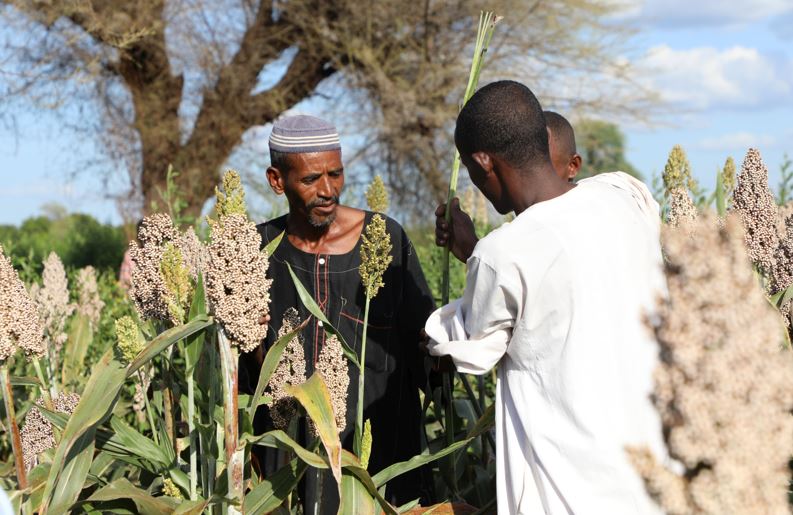Farm fungicides linked to deadly drug-resistant fungal infections - study

The researchers draw parallels to the overuse of antibiotics in livestock, which led to resistant bacteria, suggesting that a similar public health crisis could be emerging with antifungal agents used in farming.
A new study published in the New England Journal of Medicine warns that the growing number of deadly fungal infections in humans and animals globally, including hard-to-treat strains like Candida auris, could be linked to the widespread use of agricultural fungicides.
Infectious disease experts from the University of California, Davis, Dr George Thompson and Dr Angel Desai, caution that pesticides designed to protect crops may inadvertently be driving the evolution of drug-resistant fungal strains, making infections increasingly difficult to treat in clinical settings.
More To Read
- Turkana engages farmers, stakeholders on draft agricultural policy which seeks to boost farming
- Mandera County turns to crop farming as climate change threatens livestock sector
- From hygiene to safety: Why showering without slippers is a habit to break
- Over 60 youth in Ijara trained in life skills and entrepreneurship in bid to tackle poverty
- UK-based company partners with Turkana County to operationalise livestock breeding centre
The researchers draw parallels to the overuse of antibiotics in livestock, which led to resistant bacteria, suggesting that a similar public health crisis could be emerging with antifungal agents used in farming. This risk is particularly pertinent for developing nations like Kenya, where agricultural chemicals are widely utilised, and healthcare systems already face significant pressure.
"Antimicrobial-resistant pathogens are a constant reminder for us to use agents judiciously," stated Dr. Thompson. "We’ve seen what happened with antibiotics in livestock. The same trend is possible with antifungals used in the environment."
Fungi already account for widespread illnesses and economic losses. However, the recent surge in dangerous, drug-resistant fungal strains is concerning due to the limited number of effective anti-fungal drugs available, which can also be toxic or less potent given the similarities between fungal and human cells.
The experts emphasise that the problem extends beyond medicine, encompassing environmental and agricultural practices. To counter this rising threat, Dr Thompson and Dr Desai advocate for a shift towards the One Health approach. This integrated strategy recognises the intrinsic connections between human health, animal health, and the environment, urging a more coordinated global response.
In Kenya, where agriculture forms the economic backbone and healthcare access remains unequal, the use of fungicides on staple crops like maize, coffee, and horticultural produce is pervasive. However, regulations and long-term monitoring of their effects on health are reportedly weak. Compounding the issue, a changing climate is creating conditions conducive for fungal growth and evolution, with migrating animals, imported produce, and even wind patterns potentially spreading resistant fungi far beyond their origins.
"There is a need for a shared antimicrobial approval process that includes a thorough assessment of potential impacts on the environment and human and animal health," said Dr. Desai, stressing the importance of this before any new large-scale environmental and agricultural pesticide use.
The researchers argue that stronger regulation, enhanced data-sharing between countries, and coordinated pesticide development involving researchers and governments would prove cost-effective in the long run. More importantly, they contend, such measures would mitigate the risk of untreatable fungal outbreaks that could overwhelm health systems, particularly in lower-income regions.
Top Stories Today















































